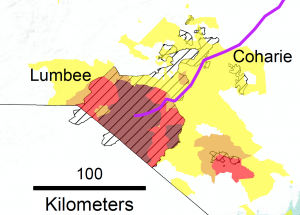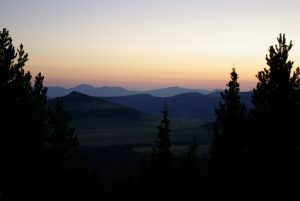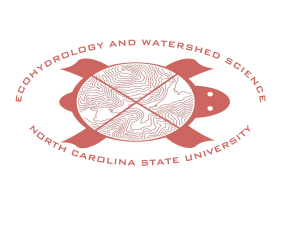
American Indian population by census tract along the Atlantic Coast Pipeline route (excerpt).
Our group seeks a creative, motivated Ph.D. student with interests in assessing impacts of climate change and land use change on terrestrial water and carbon cycles and/or evaluating datasets and methodologies used for environmental justice policy. The position will begin Fall 2020 and is funded for four years at $25,000/year, plus benefits and tuition support, through the cutting-edge Ph.D. program in Geospatial Analytics offered by NC State’s Center for Geospatial Analytics.
The selected applicant will join a research group studying the implications of environmental processes for society, especially vulnerable communities struggling with legacies of environmental degradation and inequity. The student will be encouraged to develop research questions and a project tailored to their unique interests and career goals.
The Center for Geospatial Analytics at NC State is an internationally recognized hub for interdisciplinary data scientists pushing the boundaries of spatial data science to advance discovery and inform real-world decision-making.Students in the Ph.D. program receive multidisciplinary advising and the opportunity to work with over thirty faculty fellows with diverse expertise from over a dozen departments across NC State. Students also engage in experiential learning through an off-campus professional internship.

Spatial units of the SWAT hydrological model for the Lumbee River watershed.
To apply, complete the application at grad.ncsu.edu/apply. Applicants should hold a degree in natural resources, geography, environmental studies, or a related discipline. Students interested in developing projects in collaboration with Indigenous communities are particularly encouraged to apply.
To discuss specific research interests, contact Ryan Emanuel and include a copy of your CV. Additional details about the Ph.D. program in Geospatial Analytics and complete application instructions are available at go.ncsu.edu/geospatial-phd. Interested students are also encouraged to contact Rachel Kasten, Graduate Services Coordinator (rachelkasten@ncsu.edu or 919-515-2800), with questions about the program or to explore additional opportunities.




